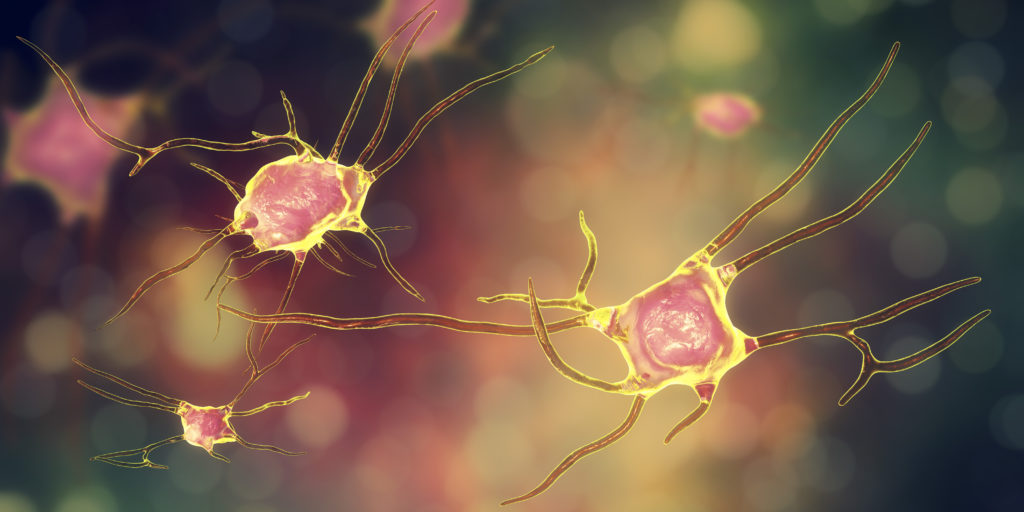Quick Hits
Daily brief research updates from the cognitive sciences

Ok, I know we all know that exercise is good for us. Many of you also know that I have reported multiple times over the years on the many positive impacts exercise has on our brains and one of these is in building new brain cells.
Yup, we can grow new brain cells – it was long thought that our brains were fixed with some flexibility in how our brain cells wire together and potentially rewire. However, over the years neurogenesis, the birth of new brain cells has been seen. Granted this is in limited areas of the brain – so don’t get too excited.
It is also know that exercise increases the production of new brain cells (in animal models) – and this could be as simple as walking. But why and how this happens was a mystery and this is where this piece of research published din June 2023 comes in because it shows how this can happen.
If you’re a sports person you may have heard of lactate – often in the form of lactic acid which is the by product of short bursts of intensive exercise that gives you that heavy “pumped” feeling in your muscles and can also lead to lack of coordination (the mechanisms of this has also been misunderstood to the lay sports person but that’s not for here – hint it’s not the “acid” that causes the problem).
As I said lactate is a by product of exercise and metabolism – that is the old story but we also know that lactate can be an energy source in itself and it is known that lactate is also an important signalling molecule in the nervous system i.e. triggers other cells to activate or not. And this signalling seems to be involved in brain cell growth and formation of new cells. The precise mechanisms, however, was unknown – enter Yidan Xu working in the team of Ryoichi Nagatomi at the University of Tohuku University in Japan.
They examined the role of lactate in the central nervous system and particularly in combination with a protein called NDRG3. This mediates gene regulation and in their experiments they showed NDRG3 is modulated by lactate stimulating plasticity and growth of new cells when present (that’s a very simplified summary).
So there you have it – not only do we know exercise is good for health, and good for your brain, we now know that lactate, that is a by product of exercise, is one of the factors that influences your genetic activation to build and grow brain cells.
If that’s not a good reason to exercise I don’t know what is.

Andy Habermacher
Andy is author of leading brains Review, Neuroleadership, and multiple other books. He has been intensively involved in writing and research into neuroleadership and is considered one of Europe’s leading experts. He is also a well-known public speaker, speaking on the brain and human behaviour.
Andy is also a masters athlete (middle distance running) and competes regularly at international competitions (and holds a few national records in his age category).
References
Yidan Xu, Joji Kusuyama, Shion Osana, Satayuki Matsuhashi, Longfei Li, Hiroaki Takada, Hitoshi Inada, Ryoichi Nagatomi.
Lactate promotes neuronal differentiation of SH-SY5Y cells by lactate-responsive gene sets through NDRG3-dependent and -independent manners.
Journal of Biological Chemistry, 2023; 299 (6): 104802
DOI: 10.1016/j.jbc.2023.104802
More Quick Hits
Your brain on near-death experiences
Near-death experiences have fascinated many people ever since they have been reported. And these experiences guide our view of how we die: the memories of your life passing in front of your eyes, the tunnel of light, the floating movement towards a bright light....
Social networks grow your brain
The headline is a bit “click baity” but it is what a group of researchers found. To be more specific they found in macaques (cute monkeys) in the wild that having more grooming partners grew different regions of the brain. Grooming is the primate version of having a...
What do creative brains look like?
We’d probably all be happy to be a bit more creative — though research into our own opinions show that many people do actually consider themselves to be above average in creativity. An obvious self-bias. This is where scientists who study creativity come in and find...
New gender biases discovered
There have been many studies on gender biases, and I have followed, written, and spoken about many of these biases over the years (over a decade actually) but two studies have just come out that caught my eye. One out of New York University focused on gender natural...
Growth of your brain over your life
So, we all know that our brain grows very quickly as babies and children and then after a certain age, younger than some of us may like to think, there begins a slow decline. But precisely what and how is the question. Well, this is a question that an international...
How to reduce loneliness
I have reported multiple times on loneliness during the pandemic – mostly because interest and research into loneliness has taken a large uptick. I have also reported on how to combat this and was happy to see that a piece of research just out proved what I had...






